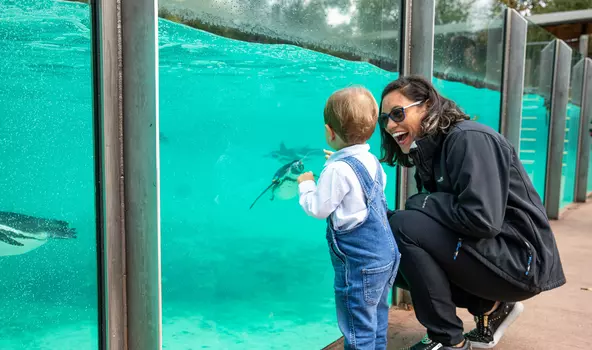About ZSL
One worldwide organization working to protect animals and the places they call home is the Zoological Society of London (ZSL). The Zoological Society of London (ZSL) has been at the forefront of environmental education, conservation, and groundbreaking research since its founding in 1826. ZSL Whipsnade Zoo and ZSL London Zoo are two of the most famous zoos in the world. They are important places for animal research and teaching, and they also provide exciting wildlife experiences. The mission of Zoological Society of London (ZSL) is to maintain biodiversity, protect endangered species, and inspire the public to take action for wildlife conservation through scientific research, field conservation, and global partnerships.
Upcoming Events
Events for nature lovers of all ages are regularly scheduled by the Zoological Society of London (ZSL). One of a kind chances to connect with nature and lend a hand to conservation initiatives throughout the world are presented at these events. At both the ZSL London Zoo and the ZSL Whipsnade Zoo, you can look forward to educational seminars, engaging workshops, and behind-the-scenes animal experiences. Seasonal celebrations like “Zoo Nights”, an after-hours exploration of the zoo, and unique family-friendly activities centered around the holidays are frequently featured in upcoming events.
Moreover, conservation-focused webinars and events are frequently hosted by ZSL, bringing together prominent scientists and environmentalists to address urgent environmental concerns. Join ZSL for their upcoming events, which will raise awareness and funding for important conservation efforts. Whether you’re seeking fun family adventures or deeper insights into animal preservation, there’s something for everyone.
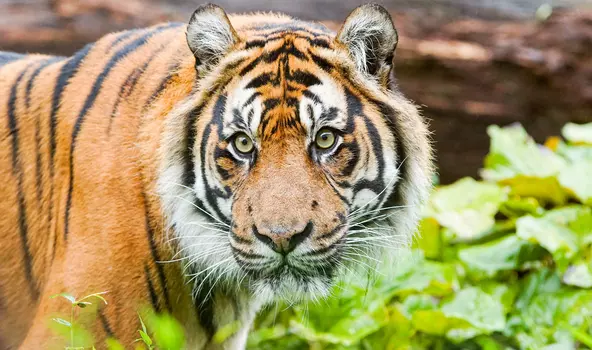
Skydive for ZSL
As you soar through the sky at speeds of up to 125 miles per hour, you will experience the full force of flight. It’s an experience you won’t soon forget. Perhaps a skydiving has been on your wish list for some time. You can do double duty by jumping for animal conservation if you so desire.At the time of registration, you must pay a booking fee of £71.50 to their skydive partner, Skyline, in order to reserve your tandem skydive. The next step is for you to commit to raising at least £395 for ZSL.Skydiving is covered by ZSL if you accomplish your minimum fundraising goal before your jump day.
You will be required to pay for your jump on the spot if you fall short of the minimum (amounts differ by airport).Most people choose to perform a tandem jump, which is ideal for first-time thrill seekers as an experienced instructor will hold you up while you take in the breathtaking scenery.You have the option to arrange a tandem ride with a single person, a small group, or even your coworkers. Pick a day that works for you and one of twenty places spread out over the United Kingdom. If your group would want to tackle the challenge as a whole, they can also set up days for group reservations.

International Policy For Big Cat Conservation
Tigers, lions, leopards, and jaguars are some of the most famous and threatened big cats in the world, and ZSL‘s International Policy for Big Cat Conservation is an important effort to protect them. This policy outlines ZSL‘s approach to working with local people, conservation groups, and governments to safeguard big cats. Key issues such as poaching, illegal wildlife trading, habitat destruction, and human-animal conflict are the primary targets of the policy.
To secure the long-term survival of large cat populations, ZSL combines scientific research with worldwide advocacy and conservation initiatives on the ground. In an effort to reverse the decline of these majestic species across their native habitats, ZSL’s International Policy for Big Cat Conservation is actively supporting protected areas, promoting sustainable land use, and encouraging cooperation between humans and wildlife.
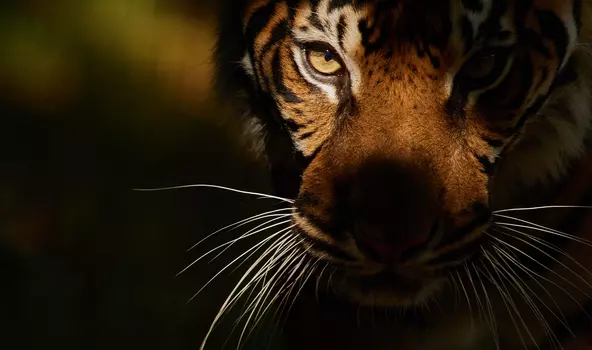
Disease Risk Analysis for Conservation Translocations
The Conservation-Focused Disease Risk Assessment by ZSL In order to evaluate and lessen the potential negative effects of relocating species for conservation reasons, translocations provide an essential framework. When it comes to recovering endangered species, translocations—the process of returning animals to their native habitats or transferring them to safer areas—can be crucial. Yet, wildlife and ecosystems are vulnerable to the illnesses that may spread during these migrations.
Health evaluations are carried out by ZSL’s Disease Risk Analysis before any translocation, in order to detect potential infections and to put measures in place to prevent the transfer of disease. This thorough method ensures the well-being of the transferred species as well as the native fauna and flora in the regions designated for their release. In order to help restore endangered populations while limiting disease risks, ZSL collaborates with worldwide partners to apply scientific research and veterinary expertise to conservation translocations. This enhances the success and safety of the operations, contributing to the global effort.
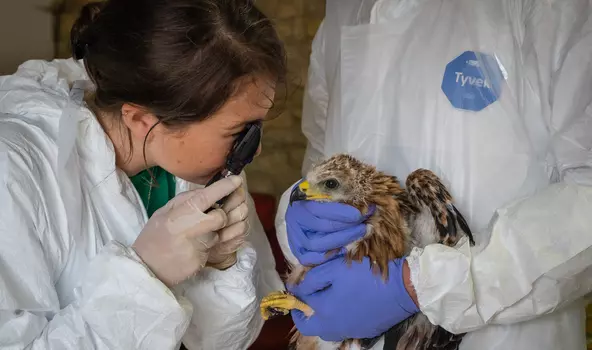
Tackling Deforestation in the Supply Chain
One of the most pressing environmental problems in the modern world is deforestation, which is a result of both farming and industry. ZSL has launched an attempt to combat this problem by tackling it throughout the supply chain. To combat the negative effects of unsustainable practices on the environment, such as deforestation and biodiversity loss, ZSL monitors the supply chains of essential commodities such as palm oil, soy, cattle, and wood.
An important part of this initiative is ZSL‘s sustainability policy transparency toolkit, SPOTT, which ranks businesses according to their sustainability practices and promotes more openness and ethical sourcing. Working in tandem with corporations, governments, and communities, ZSL advocates for responsible land-use policies that preserve forests while addressing the world’s resource needs. Protecting critical ecosystems, lowering carbon emissions, and maintaining homes for animals—including endangered species—are all interdependent goals of this effort, which must be advanced in order to promote sustainable development.

BIAZA Ungulate Restraint Workshop
When it comes to the safe handling and restraint of ungulates—which include hoofed animals like antelope, giraffes, and zebras—zoo personnel can benefit from the particular training they get at the ZSL–BIAZA Ungulate Restraint Workshop. This session provides practical advice on how to securely manage these creatures in captivity and was organized in conjunction with the British and Irish Association of Zoos and Aquariums (BIAZA).
Physical restraint methods, chemical immobility, and animal welfare issues are some of the important subjects covered. Workshop participants will learn how to keep zoo animals and zoo employees safe throughout routine care, transportation, and veterinary treatments. Zoo ungulates benefit from the ZSL-BIAZA Ungulate Restraint Workshop’s practical training and expert advice, which enhances zookeepers’ ability to care for and manage these animals, which in turn aids in their conservation efforts.
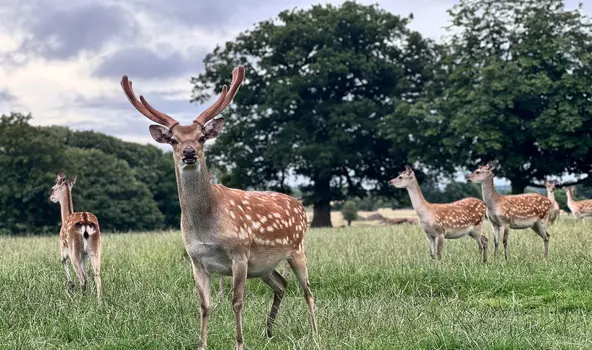
Conclusion
Finally, the many research, educational, and conservation-related activities carried out by the Zoological Society of London (ZSL) are crucial to the preservation of species around the world. In addition to its world-famous zoos, ZSL is known for its extensive efforts in preserving endangered species like big cats, combating pressing environmental problems like deforestation, and guaranteeing animal care through its specialist workshops.
Worldwide, animals and their habitats are being better protected as a result of its dedication to sustainability, conservation of biodiversity, and scientific advancement. For a better world and future for all creatures, ZSL continues to be a frontrunner in conservation efforts, motivating people to take action and work together.
Join ZSL in its mission to protect wildlife and preserve biodiversity for future generations!







